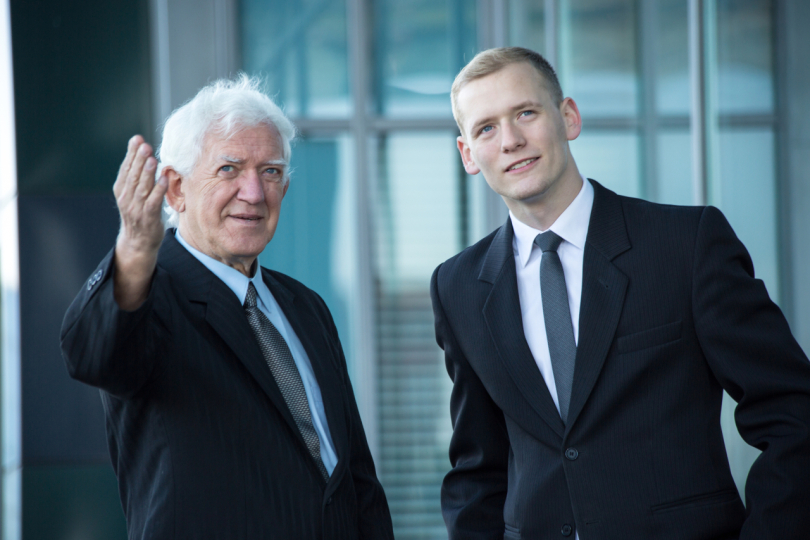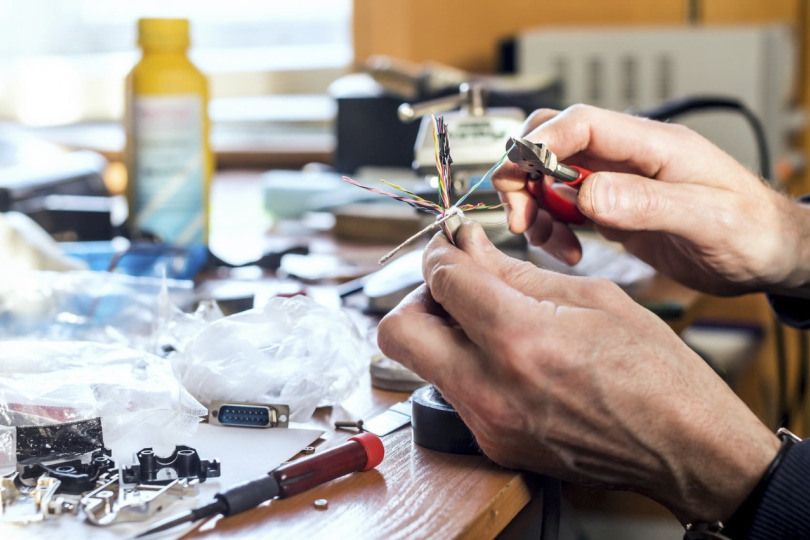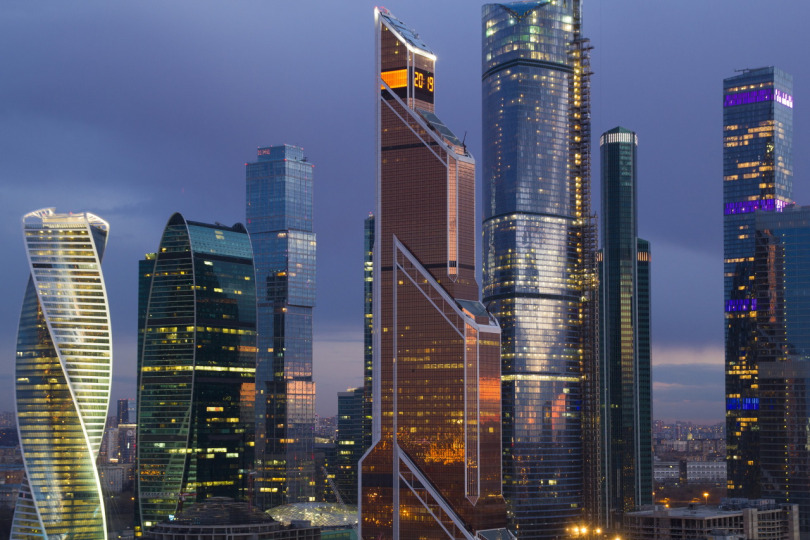
Pets Can Help Families Deal with Relationship Problems
The decision to get a family pet tends to be associated with children’s growing-up crises. According to the researchers, many parents adopt a cat or a dog at a time when their son or daughter is going through a major change, such as starting school or entering puberty. At such times, the child's attitudes towards themselves and the outside world can change drastically, causing anxiety in the family. Research suggests that pets can help both parents and children cope with stress. The study's findings are published in the paper 'The likelihood of getting a family pet depending on the age of children.'

Fathers and Sons Don’t Compete on Labour Market
Younger and older employees are not competitors on the labour market. The possible increase in the retirement age and, accordingly, increased employment among the elderly won’t add to youth unemployment and won’t limit the opportunities for young people’s employment. These are the findings made by Sergey Roshchin and Victor Lyashok in their study ‘Younger and older employees on the Russian labour market: substitutes or not?’

What Employers Expect from Graduates
School reputation and graduating with honours are not as important for future employers as graduates' personal qualities and work experience, according to Natalia Bondarenko and Tatiana Lysova's study "Job Search Models, Recruitment Criteria, and Competence and Skill Assessment of Vocational Education Graduates: Employer Perspective." In 2015, they analysed the findings from a survey of 1,019 CEOs of Russian companies in six industries (manufacturing, communications, construction, transport, trade and services) as part of the Monitoring of Educational Markets and Organisations (MEMO) project conducted by the HSE jointly with the Levada Centre.
-%D1%88%D0%BA%D0%BE%D0%BB%D1%8C%D0%BD%D0%B8%D0%BA%D0%B8%20%D0%B7%D0%B0%20%D0%BF%D0%B0..%D0%BB%D1%8C%D1%87%D0%B8%D0%BA%20%D0%B4%D0%B5%D1%80%D0%B3%D0%B0%D0%B5%D1%82%20%D0%B7%D0%B0%20%D0%B2%D0%BE%D0%BB%D0%BE%D1%81%D1%8B%20%D0%B4%D0%B5%D0%B2%D0%BE%D1%87%D0%BA%D1%83.jpg)
School Climate Can Affect Academic Performance
Children tend to perform better at schools with a positive psychological climate, where they feel safe and comfortable, according to Tatiana Chirkina and Tatiana Khavenson's study 'Correlation between School Climate and Student Academic Achievement.' According to social scientist Renato Tagiuri, the school climate is understood as comprising several dimensions, such as student-teacher communication, student attitudes towards school, and teacher work satisfaction and expectations in terms of student academic achievement.
What Shapes EU MPs Views on Russia?
EU MPs are increasingly negative on Russia, and their positions are largely defined by their national interests – rather than by their ideological affiliation to any particular political grouping in the European parliament. The researchers believe that this indicates that national interests trump ideological stance for EU MPs. Their research was presented in the article: National or European Politicians? Gauging MEPs Polarity when Russia is Concerned.
No Easy Money for Russian Schoolchildren
Normally, parents help shape their children's attitudes towards money. In their study "Adults' Perceptions of Pocket Money and Cash Rewards as Tools of Children's Economic Socialization," Alina Pishnyak and Natalia Khalina compare parental attitudes towards pocket money in the U.K., Germany, and Moscow, Russia. Their findings concerning Moscow are based on data from the Moscow and Muscovitessurvey of 3,109 adult respondents, of whom 75% were parents, conducted by the Institute of Humanitarian Megacity Development in 2014. According to the study's authors, most parents begin educating their children about money at the age of six.

Russian User-Innovators: What and Why
Many Russians practice user innovation by developing their own inventions for use in everyday life, recreation, sports, etc. According to a study by Konstantin Fursov and Thomas Turner conducted as part of the HSE ISSEK Monitoring Survey of Innovative Behaviour of the Population, the estimated share of user-innovators in Russia may be as much as 10%, which is substantially higher than in many other countries.
Educated Russians Smoke Less
In recent years in Russia, female smoking has increased, while the opposite holds true for men; in addition to this, smoking has increased at higher rates among those with lower levels of education compared to more educated Russians.
-%D1%8F%D0%BF%D0%BE%D0%BD%D1%86%D1%8B.jpg)
Challenges Faced by Japanese Investors in Russia
Nina Ershova, Research Fellow at HSE Institute for Industrial and Market Studies, examined Japanese companies' experience of investing in Russia. Her paper "Challenges for foreign investors in Russia: the case of Japanese companies" is based on findings from a survey of 32 companies — members of the Japan Business Club in Moscow, conducted between April and June 2015, and content analysis of twenty interviews with Japanese business, academic and NGO representatives conducted between 2008 and 2015.

Russia's Ranking in Global Innovation Index
Russia is 43rd in the Global Innovation Index (GII) 2016, up five positions from its 2015 ranking. Just as last year, Switzerland, Sweden, U.K., U.S. and Finland remain the top-ranking countries in the GII. These are the findings from the GII 2016 report comparing the performance of national innovation systems in 128 economies.

